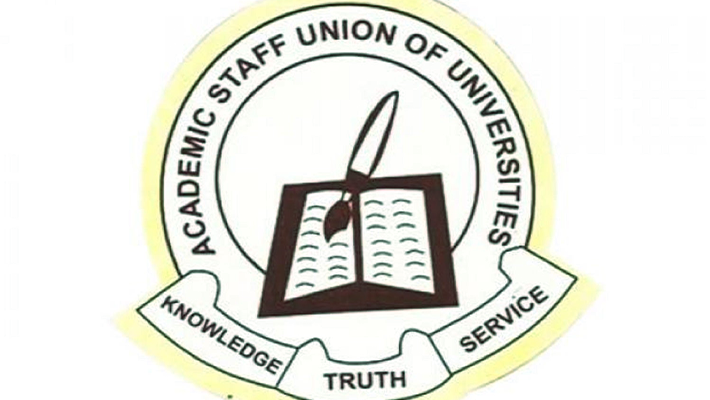The Academic Staff Union of Universities (ASUU) has called on Nigerians to persuade the federal government (FG) to meet its demands for improved welfare and administrative conditions in public universities. The appeal was made on Friday during a news conference at Abia State University (ABSU), Uturu.
Happiness Uduk, the zonal coordinator for ASUU’s Calabar zone, stressed that meeting the union’s demands is the only way to prevent an potential nationwide strike. She noted that both state and federal governments must act promptly within a two-week ultimatum set by the union to avert industrial action.
Ms. Uduk lamented that the FG has not fulfilled its commitments under the 2009 FG-ASUU agreement, resulting in stagnation in salary scales and overall welfare improvements. She pointed out that ASUU members have been on the same salary scale for 15 years and called for the completion of negotiations that started over 13 years ago with various government teams.
She urged the government to address key issues such as funding for public universities, paying earned academic allowances and withheld salaries, reducing high taxes, and stopping the victimization of ASUU members. She also stressed ASUU’s demand to remove members from the Integrated Personnel Payroll System (IPPIS) and use the University Transparency and Accountability Solution (UTAS) or another university-originated platform for salary payments.
Ms. Uduk also criticized the FG’s student loan scheme, advocating instead for grants to alleviate financial stress on students and enhance their academic pursuits. She urged the government to focus on better funding for existing universities rather than creating new ones and to quickly resolve the minimum wage issue by introducing a living wage comparable to those in more developed countries.
On a state level, Ms. Uduk called on the Abia State government to pay the 11 months of salary arrears owed to lecturers at ABSU and to discontinue the use of the Treasury Single Account for paying these salaries. She pointed out the inconsistency in the payment of salaries, with arrears still owed for April, May, and June, and urged the government to leave salary payments in the hands of university administrators.
Ms. Uduk also addressed the situation at Ebonyi State University, where some ASUU members have been suspended without salary for more than two years. She called on the Ebonyi State governor to reinstate these members and address the peculiar issues affecting the state university.
The ongoing discussions with stakeholders, including parents, students, and traditional rulers, seek to gain public support and prompt the government to address ASUU’s demands. Ms. Uduk cautioned that if the government does not act within two weeks, ASUU will initiate a strike.





